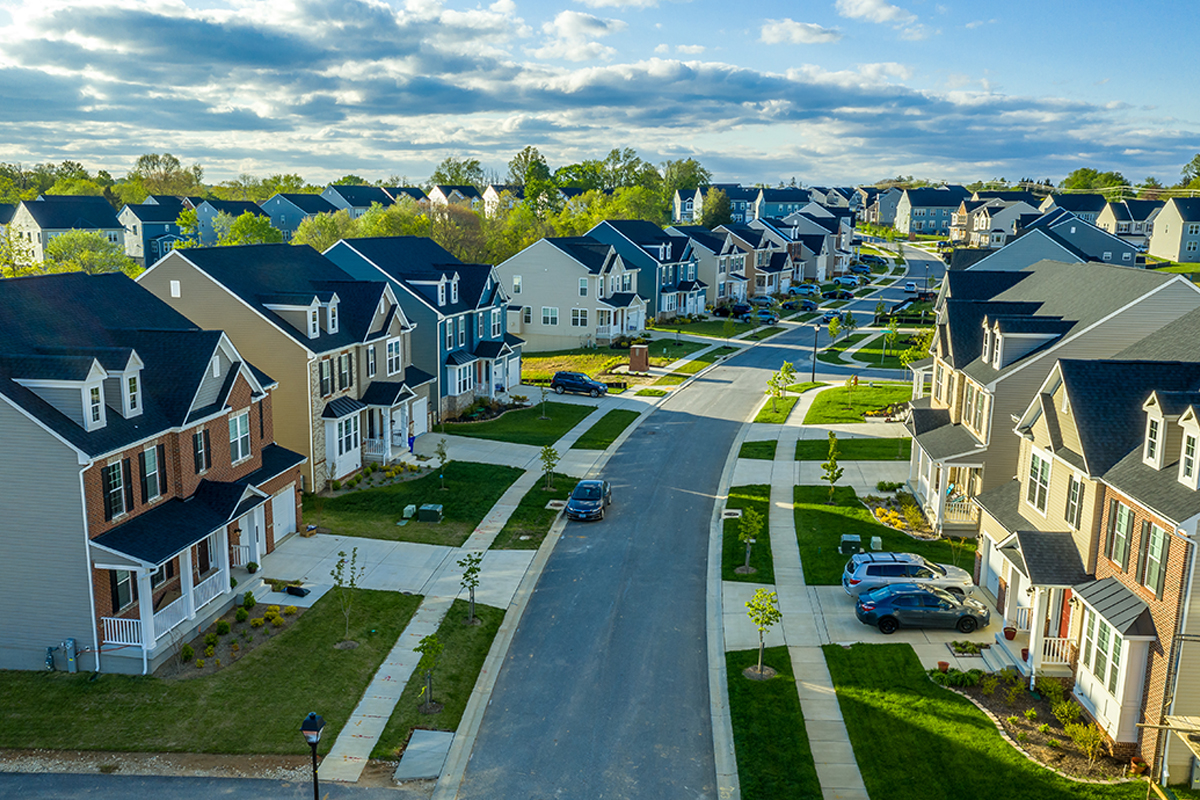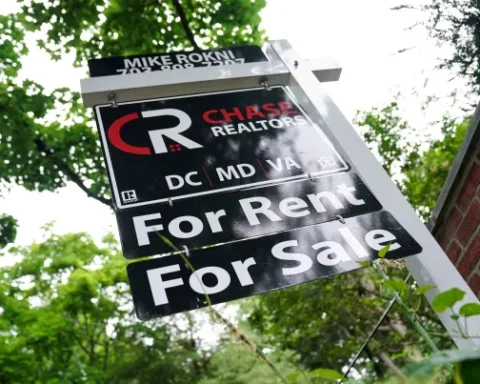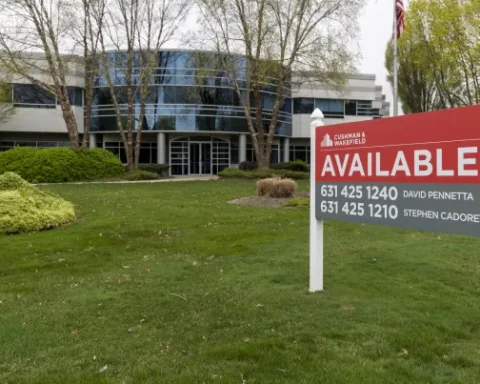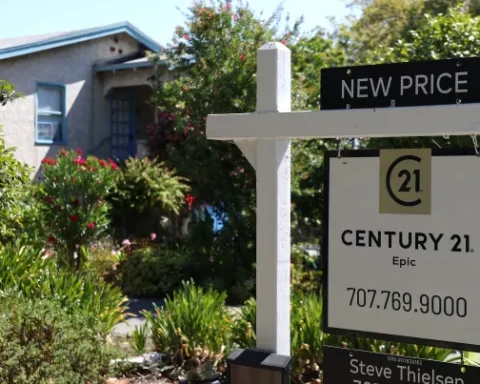Even though mortgage rates stayed constant last week, they remain close to a recent peak. The ongoing escalation in house prices has led potential homeowners to step back.
The Mortgage Bankers Association’s seasonally adjusted index showed a 1.8% decline in overall mortgage application volume compared to the prior week.
The average contractual interest rate for 30-year fixed-rate mortgages with conforming loan balances (up to $726,200) held steady at 6.87%, with points reducing slightly to 0.65 from 0.66 (this includes the origination fee) for loans with a 20% down payment. A few weeks ago, this rate exceeded 7% and has not significantly reduced.
Consequently, mortgage applications to buy a home decreased by 3% over the week and were 23% less than the same week in the previous year when rates were in the mid-5 % range. Part of the decline in purchase activity was due to a 10% fall in FHA applications. The Federal Housing Administration, known for offering low down payment loans and popular with lower-income purchasers, clearly signifies that the market is progressively becoming less affordable for this group.
“The dip in FHA purchase applications resulted in an increase in the overall average purchase loan size to $432,700, the highest since the end of May,” commented Joel Kan, an economist at MBA, pointing out that the market is now seeing more activity at the higher end.
Home loan refinance applications were virtually unchanged for the week and 30% less than the same week a year earlier. Most current borrowers have interest rates significantly lower than the prevailing rate, making refinancing less beneficial. Those wishing to extract equity from their homes prefer secondary home equity loans rather than forgoing the momentum on their primary loan.
At the start of this week, mortgage rates jumped over 7%, reaching 7.04%, as per Mortgage News Daily. Rates will likely fluctuate following the upcoming interest rate decision and press conference from the Federal Reserve, which is expected to raise its key interest rate by 0.25%.
“The Fed Funds Rate doesn’t explicitly control mortgage rates. Therefore, mortgage rates could decrease tomorrow even if the Fed implements a hike. However, they may also increase based on the policy position [Fed Chief Jerome] Powell outlines,” stated Matthew Graham, the Chief Operating Officer at Mortgage News Daily.
As the housing market shifts due to higher interest rates, the implications for potential buyers, particularly those at the lower end of the market, remain to be seen. Today’s environment has not favoured refinancing, and the market awaits the Federal Reserve’s forthcoming decisions. These factors, persistently high rates, and soaring home prices continue to shape the mortgage industry landscape.







